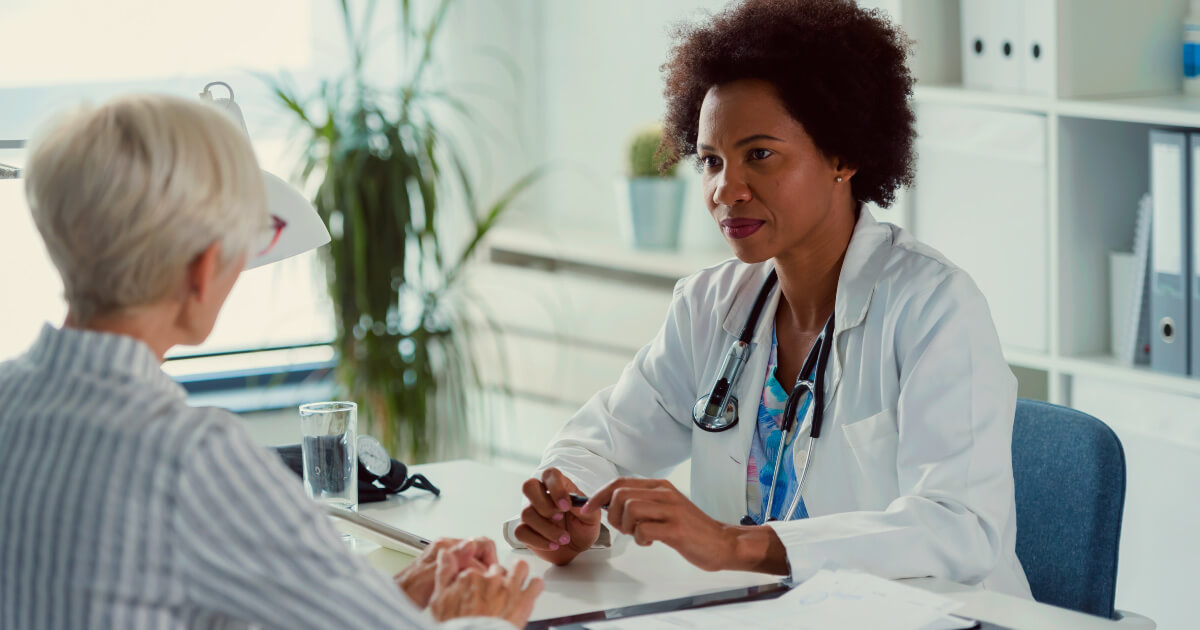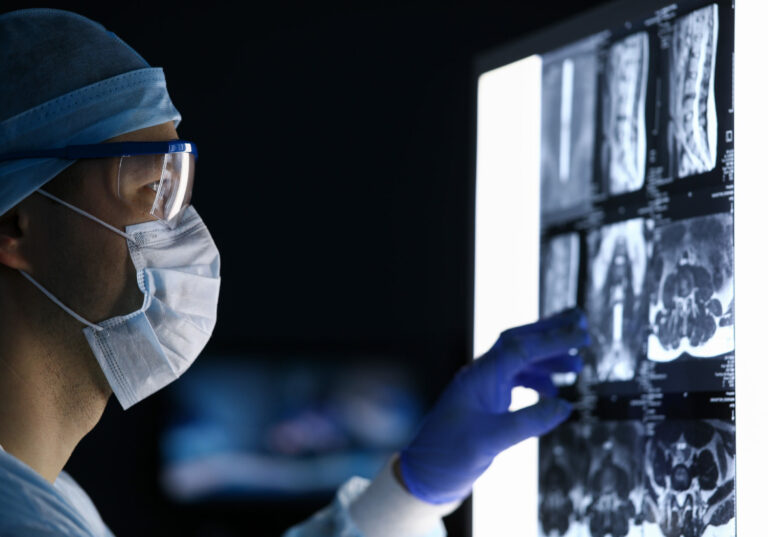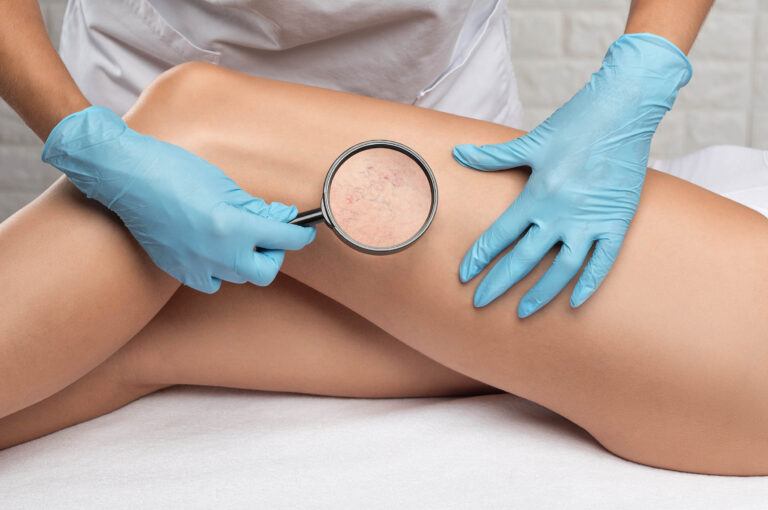Preparing for Your First Appointment With an Oncologist

Navigating a first visit to an oncologist may feel unfamiliar, but preparing ahead can make it productive and informative. Oncology appointments are key opportunities to understand your condition, discuss treatment plans, and receive guidance. Let’s examine the steps to take before and during your consultation to make the most of your visit.
Before the Appointment
Proper preparation before your appointment helps streamline the discussion and make sure you address all key areas. Compiling relevant medical information and creating a list of questions can contribute to a more effective consultation. By taking these preparatory steps, you can better facilitate communication with your oncologist and maximize the value of your visit.
Gather Medical Records
Collect any prior medical records, imaging results, pathology reports, or lab results related to your diagnosis. Also, compile documents such as recent bloodwork or procedure reports from other providers. This provides the oncologist with a comprehensive medical history, which is fundamental for accurate assessment and planning. Based on your insurance plan, confirm if a referral is needed for your oncologist appointment. Also, verify that the oncology clinic is within your insurance network to manage unexpected costs.
Create a Medication List
Prepare a detailed list of current medications, including prescriptions, over-the-counter drugs, supplements, and vitamins. Note the dosages and frequency of use. This will help the oncologist evaluate potential interactions with proposed treatments.
Prepare Questions
Write down any key questions for the consultation. Examples include asking about the specific type of cancer, available treatment options, and how the treatments might affect daily life. Having prepared questions will help you focus on all aspects of your care and make sure they are addressed.
Taking organized steps before your oncology appointment can help reduce stress and make sure that all necessary information is available. Preparing questions and gathering relevant documents will help you approach the visit with clarity and confidence. These efforts lay the groundwork for productive communication and comprehensive care planning.
During the Appointment
Effective communication and active participation are key to achieving the best possible outcomes during the oncology appointment. This is your opportunity to gain a comprehensive understanding of your diagnosis and treatment options. Engaging in the conversation will facilitate a collaborative relationship with your healthcare provider.
Be Prepared to Discuss
Be ready to discuss your medical history, symptoms, and concerns. The oncologist may ask when symptoms began, whether they have changed, and about any other relevant experiences. Providing detailed answers to these questions is helpful for accurate diagnosis and planning.
Ask Questions
This is the ideal time to ask the questions you prepared earlier. Key topics include understanding your cancer type and its stage. You also want to learn about potential side effects of treatment and the overall treatment goals, whether it is a cure, remission, or palliative care. Bring a notebook or use an electronic device to document the details discussed during the appointment.
Understand the Treatment Plan
Ask for clarity on the treatment plan provided by your oncologist. This might include chemotherapy, radiation, surgery, or targeted therapies. Also, inquire about how the plan might impact your routine and the support services available during treatment. The oncologist may also explain lifestyle suggestions, such as dietary adjustments or stress management approaches, that may assist during treatment.
Effective communication with your oncologist during the appointment is key to making informed decisions about your care. By asking detailed questions and voicing your concerns, you can better understand the treatment plan and its potential impact. Take notes during the conversation or bring a trusted companion to make sure all key information is captured.
Speak With an Expert Oncologist Today
Preparing for your first oncologist visit is key, as it helps you gather all the necessary information for informed decisions about your treatment and care. Collecting your medical records, preparing questions, and remaining engaged during the consultation can create a strong foundation for your treatment plan. For expert guidance tailored to your health needs, schedule your consultation with an oncology specialist today.
- What to Expect When Visiting a Foot and Ankle Specialist
- Causes of PTSD
- The Link Between Plantar Fasciitis and Weight Gain: What You Need to Know
- How Pet Ownership Can Positively Impact Life with Fibromyalgia
- The Importance of Stretching and Flexibility in Sports Medicine
Dr. Emma Green is a health and wellness expert with over 10 years of experience in nutrition and fitness. Passionate about helping others live their healthiest lives, Dr. Green shares practical advice on wellness, nutrition, and sustainable living through LivingSpristine.






